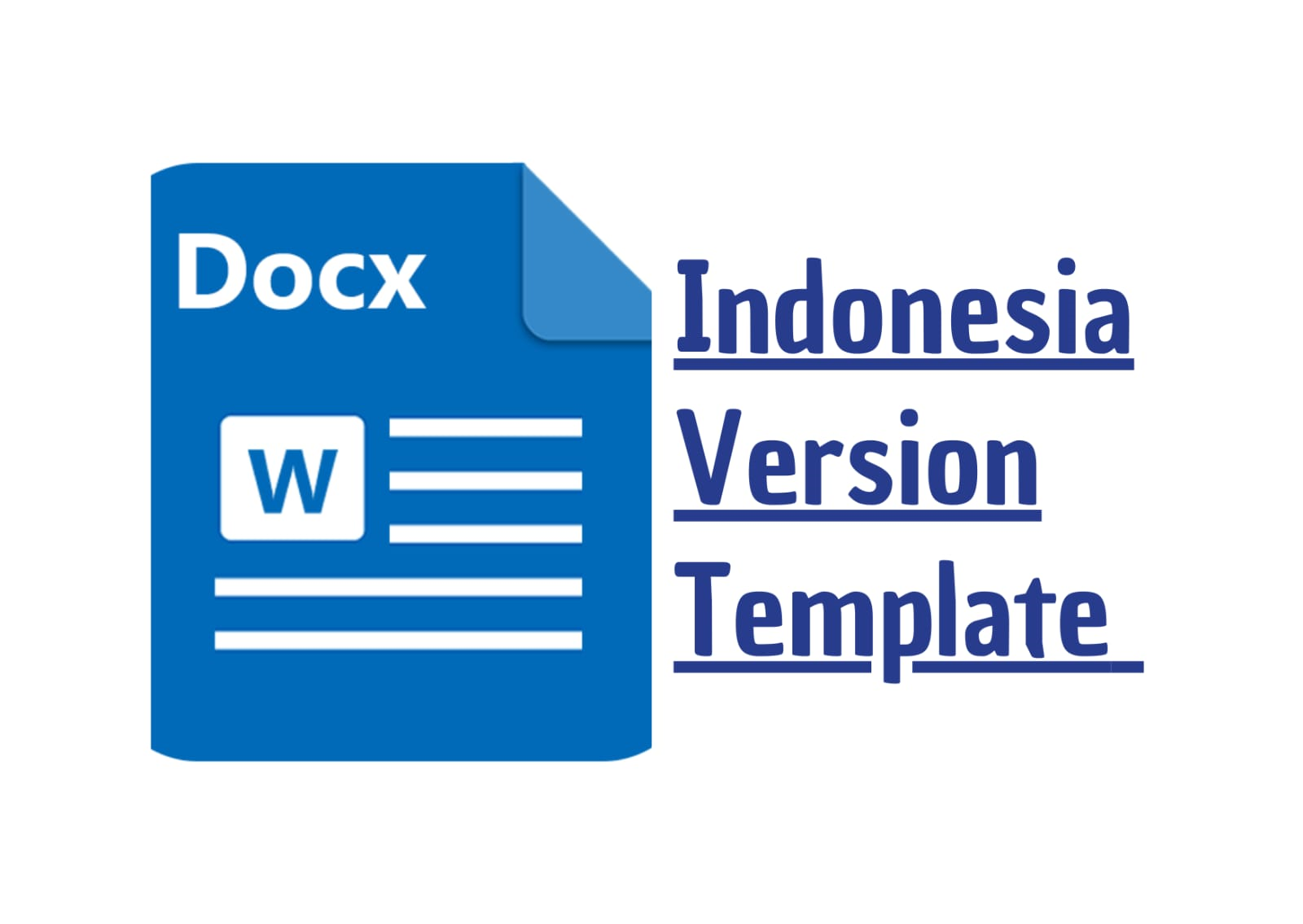Commissive Illocutionary Act Used in Turning Red Movie
DOI:
https://doi.org/10.56799/jim.v2i7.1688Keywords:
Commissive Illocutionary Acts, Turning Red Movie, Context of The SituationAbstract
This article is entitled Commissive Illocutionary Act Used in Turning Red Movie. The aims of this article are to identify the types of commissive illocutionary act used by the characters and explain the context of situation that support the character utterances that belongs to commissive illocutionary act in Turning Red movie. The movie titled Turning Red as the data source. The descriptive qualitative method was applied to analyze the data in this study. This article used Searle & Vanderveken (1985) theory of commissive illocutionary act and Holmes (2013) theory of the context of the situation. The results of this study show that five types of commissive illocutionary acts proposed by Searle and Vanderveken (1985) were found in all data sources. They were promise, threat, accept, refuse, and offer. The most frequent type of commissive illocutionary act found is Promise. The act of promise in this movie was used to inform if the action in the speech act promises to be performed at a future time. Then, context of the situation is used to support the understanding of how the utterance occurred and the purpose behind the utterance.
Downloads
References
Azmillah, D. (2021). An Analysis of Illocutionary Act in Oliver Henry’s Short Stories. (Undergraduate Thesis). Surabaya: UIN Sunan Ampel Surabaya.
Austin, J.L. (1962). How to Do Things with Word. Great Britain: Oxford University Press.
Bach, K. and R. M. Harnish. (1979). Linguistic Communication and Speech Acts. Cambridge, Mass: MIT Press.
Hashim, Suhair Safwat M. (2015). Speech Acts in Selected Political Speeches. International Journal of Humanities and Cultural Studies, 2(3), 396. https://www.ijhcs.com/index.php/ijhcs/article/view/388
Holmes, Janet. (2013). An Introduction to Sociolinguistics. London: Routledge.
Levinson, Stephen C. (1983). Pragmatics: Cambridge Textbooks in Linguistics. Cambridge: Cambridge University Press.
Pambudi, N.W. (2017). An Analysis of Commissive Speech Act Used in The Vow. (Undergraduate Thesis). Surakarta: The State Islamic Institute.
Rahayu, E. (2021). Commissive Illocutionary Acts in the American Comedy Movie entitled: Home alone. (Undergraduate Thesis). Denpasar: Udayana University.
Rosyidi, A. Z., Mahyuni, M., & Muhaimi, M. (2019). Illocutionary Speech Acts Use by Joko Widodo in First Indonesia Presidential Election Debate 2019. International Journal of Multicultural and Multireligious Understanding, 6(2), 735. http://dx.doi.org/10.18415/ijmmu.v6i2.760
Searle, J. R. (1976). A Classification of Illocutionary Acts. Cambridge: Cambridge University Press.
Searle, J. R. (1979). Expression and Meaning: Studies in Theory of Speech Acts. Cambridge: Cambridge University Press.
Searle, J. R., & Vanderveken, D. (1985). Foundations of illocutionary logic. Cambridge: Cambridge University Press.
Wulandary, H. (2021). Analysis of Commissive Speech Act in Moana the Movie. (Undergraduate Thesis). Medan: University of Muhammadiyah Sumatera Utara
Yule, G. (1996). Pragmatics. Oxford: Oxford University Press.
Zeid, M. (2004). Metode Penelitian Kepustakaan. Jakarta: Yayasan Obor Indonesia.




















